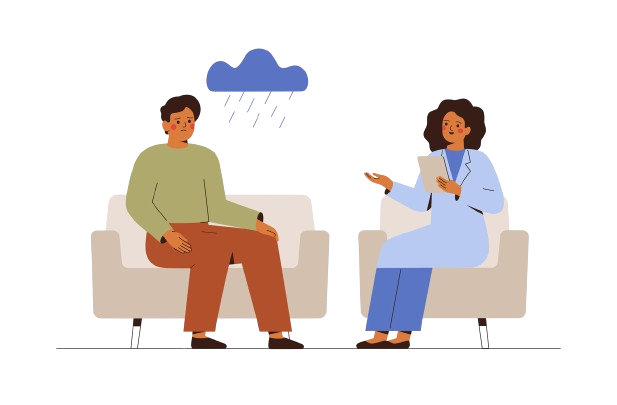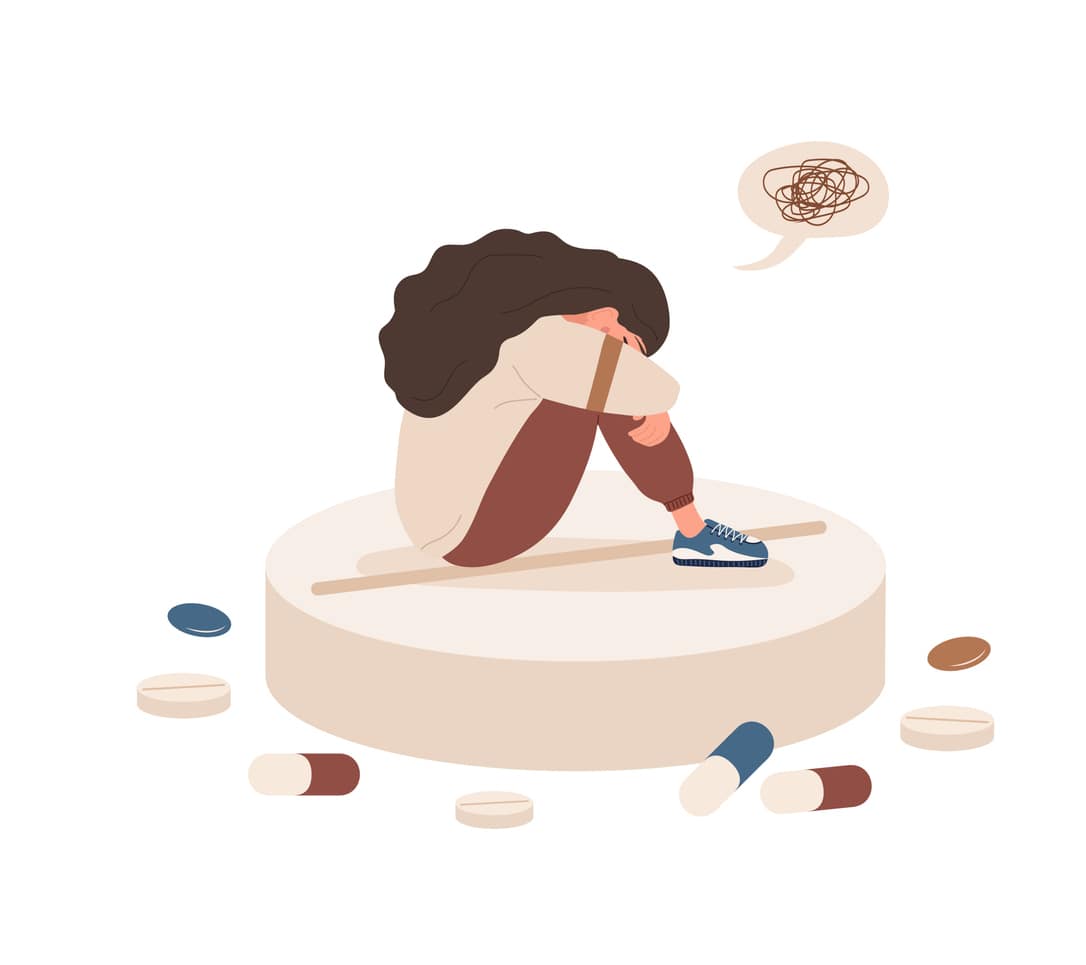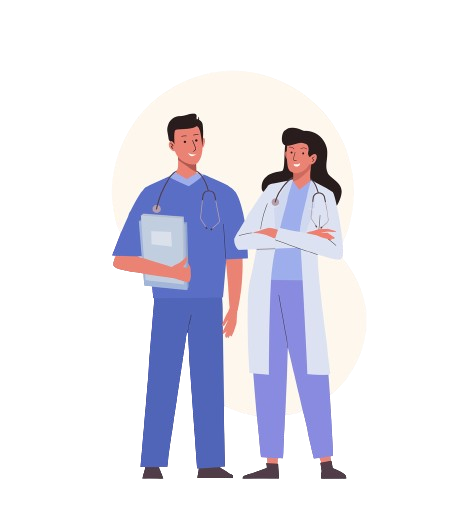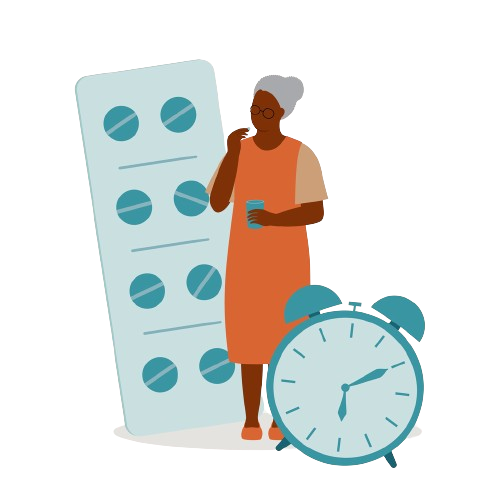A Guide to Mental Health Medications
When someone seeks treatment for a mental health disorder, one of the most commonly used methods of helping them is using prescription medications. Several varieties of FDA-approved drugs can help minimize or eliminate different symptoms of mental illness. For many, using the right medication provides them the necessary method to achieve optimal mental health. Our 2025 guide to common mental health medications can help you find the right match to meet your needs.


Medications for Mental Health: An Overview
In previous generations, talking about mental health medications wasn’t very common. For one thing, the wide variety of choices for FDA-approved drugs to help treat poor mental health was not available. Secondly, it has been in the most recent generation that discussions about mental health disorders have moved out into the open. Breaking the stigma of having a mental illness proves important because it helps people feel less alone. As well, they can gain access to options for medications that will make a real difference in the symptoms they experience.
Taking mental health medications is more common than many people think. In 2019, approximately 19% of adults received some type of treatment for their mental health in the previous year. This includes almost 16% of those who also took prescription medications to help improve their symptoms of poor mental health.
Not every person who has a mental health disorder will need to take medication for it. For those who do benefit from using meds, they can be a real game-changer in terms of helping the person feel better and think more clearly.
Some medications only need to be taken short-term in order to get the full effects, while others help more when used on a long-term basis.
Mental Health Medication Categories
People in need of medical help to overcome or minimize the symptoms of a mental health disorder have myriad choices when it comes to the available medications. There are four types of medications that are most commonly prescribed for the management of mental illness. They include the following drugs:
Antipsychotics: People who have schizophrenia or experience psychosis as part of other mental illnesses such as bipolar disorder and depression often find success in taking this type of medication. They are categorized as either first-generation or second-generation drugs, and while they cannot cure the illness, they can help reduce the symptoms.
Antidepressants: These medications are commonly prescribed to treat depression on its own or when depressive symptoms arise as part of another mental health disorder such as anxiety. They are commonly grouped into two types of antidepressants. The first is selective serotonin reuptake inhibitors (SSRIs) and serotonin and norepinephrine reuptake inhibitors (SNRIs). Examples include Lexapro, Zoloft, Wellbutrin, Celexa, Gabapentin, Paxil, and Prozac.
Anti-Anxiety Medications: These drugs help people who struggle with anxiety disorders. They help reduce or eliminate feelings of anxiety and events such as panic attacks. The most commonly prescribed group of anti-anxiety medications is benzodiazepines.
Mood Stabilizers: This type of medication often works well for the treatment of schizoaffective disorder and bipolar disorder. They help a person have a more even keel emotionally. Lamictal can also help with bipolar disorder.

How Effective are Mental Health Medications?

Pros and Cons of Psychiatric Medications
Taking a mental health medication can produce positive results, negative ones, or a combination of both.
The pros of using mental health meds include:
- Minimizes or eliminates symptoms of poor mental health, including emotional and behavioral types.
- Improves a person’s cognitive skills, i.e thinking clearly and making better-informed decisions.
- Helps a person feel more in balance.
- Enables a person to perform well at work or in school.
- Improves the ability to have meaningful, well-balanced personal relationships.
The cons of taking mental health medications can include:
- It can take time for a medication to take full effect, which can be frustrating.
- It often takes trying two or more types of drugs to find the right match for the person, which can be time-consuming.
- Some medications cause side effects that can be physically or emotionally taxing. Many are temporary, while others can last long-term.
A meeting with the prescribing clinician will include discussing the pros and cons of using medication. If the individual begins taking medication, their experience with it will be closely monitored, including any positive or negative results. Any need to change the approach will be made based on what’s best for the person.
Recommended: What are Brian Zaps? SSRI Side Effects
Who Prescribes Medications for Mental Health?
Find Outpatient Mental Health Treatment in Atlanta
Atlanta Integrative Psychiatry understands how important medications can be when used to help treat mental health disorders. Our staff of experienced clinicians provides psychiatry in Atlanta and explains to each person the options they have for prescription medications that will help treat their specific condition. We monitor them for the results they achieve and make any necessary changes to the dosage or the type of drug used. We understand how to use a powerful combination of therapy and medication to help people obtain better mental health and more manageable lives.
Would you like to talk about your options for effective mental health medication? Contact us today and start a conversation about how to begin the healing process.
You are not alone. You deserve to get help.
Atlanta Integrative Psychiatry is an Industry leader in mental health treatment . Our team of top medical experts specialize in dual diagnosis treat and are committed to ensuring that each patient is treated as an individual.
Call us today, we're avialable 24/7.




